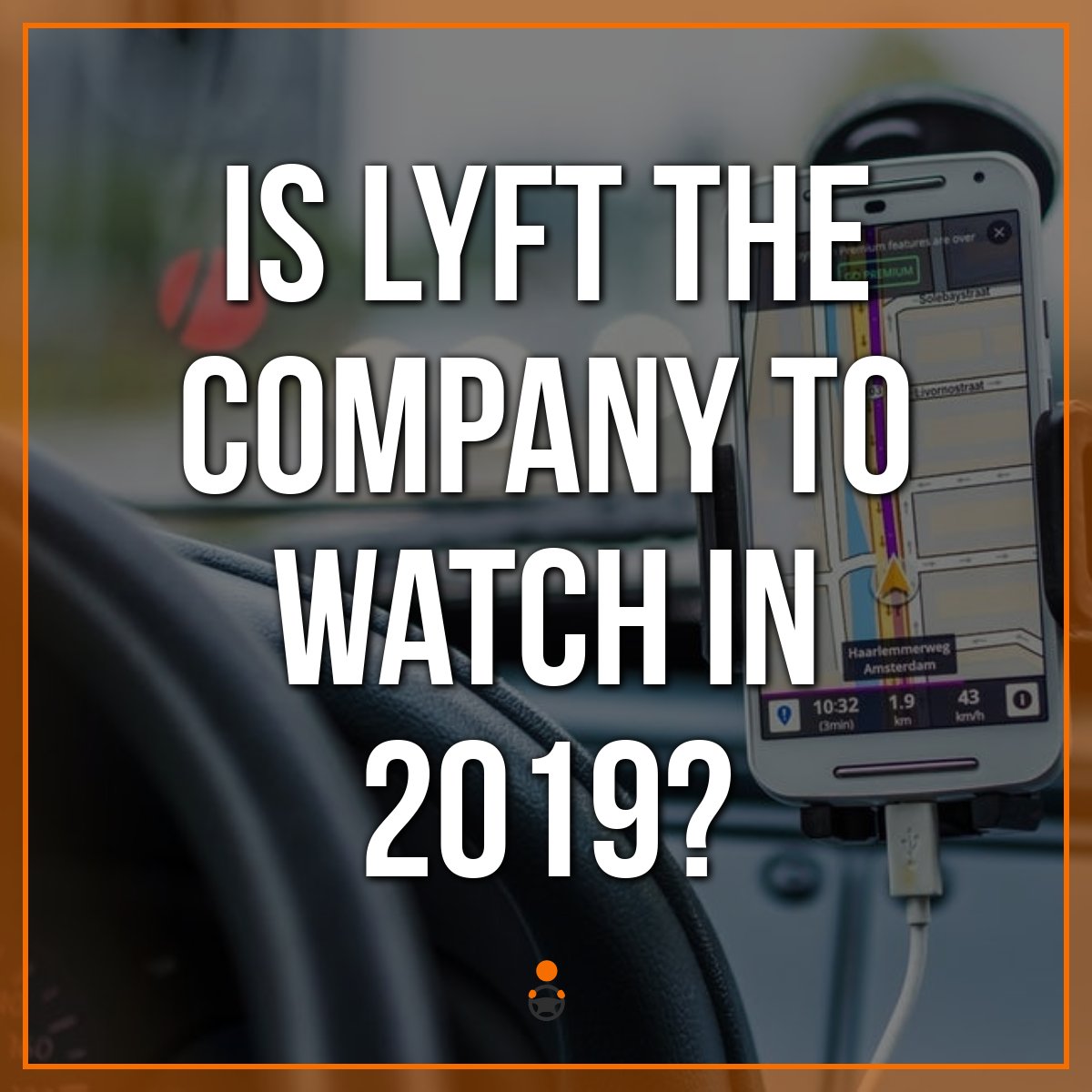While it may have been an overall slow news week in the United States, there was plenty of news about Uber and Lyft going public in 2019. Senior RSG contributor John Ince covers the latest, including why Lyft may actually be the company to watch, and new rewards programs for passengers.

Why Lyft’s IPO may be more attractive than Uber’s [Yahoo Finance]
Sum and Substance: Of all the companies expected to go public in 2019, no two will be more closely watched and compared than Uber and Lyft.
Of course, for the two largest U.S. ride-sharing giants that have been battling each other for market share for years, that comparison is nothing new. But as the two companies gear up for initial public offerings the question posed to public investors for the first time will no longer be about which firm can deliver the better ride, but rather, which will deliver a stronger return.
Answering that question will ultimately depend on an array of factors, including the price at which each company begins trading, but there are a few key distinctions between the two worth highlighting.
First off, Uber is a behemoth and dwarfs Lyft. Both underwriting proposals from Goldman Sachs and Morgan Stanley reportedly projected the 10-year-old startup could be valued at $120 billion when it goes public. At that valuation, Uber could top Alibaba’s (BABA) $25 billion IPO as the largest in history, if it offers up 21% of its shares in the public offering… Lyft, meanwhile, is expected to go public at a valuation of just over $15 billion.
Part of the discrepancy stems from the fact that Uber’s revenue from the 65 countries it operates in far outweigh that of its rival. Lyft, which operates in the U.S. and Canada, racked up just over $1 billion in total revenue last year compared to Uber’s $7.4 billion, according to data compiled by EquityZen, a platform for trading shares in private companies.
Lyft is growing faster than Uber: However, Lyft’s revenue growth has outpaced Uber’s in recent years. From 2014 to 2017, Lyft has seen a compounded annual growth rate of an astounding 223% compared to Uber’s 146% clip over the same time period.
Lyft is also charging towards profitability at a faster pace than its rival. In 2014, Lyft’s net loss as a percentage of annual revenue was -631% compared to Uber’s relatively stronger -136%. By the first half of 2018, however, Lyft has shrunk its losses as a percentage of revenue to just 41% compared to Uber’s -28%…
My Take: Here at RSG, even we’ve been guilty discounting Lyft in the rideshare wars. The simple fact is Uber monopolizes the mindset both here and throughout the media, for various reasons. But as this article points out, this may be a grave oversight.
Slowly but surely, Lyft has been closing the gap between the two major forces in this industry. In addition, their growth numbers suggest that, in the not too distant future, Lyft may overtake its larger rival. Of course, once both companies are public, we’ll know a lot more about the inside workings of these companies because they’ll be required to share more financial information.
Uber is launching a new rewards program that will let you cancel rides for free and set some lower fares [CNBC]
Sum and Substance: Uber announced Wednesday its first consumer-facing loyalty program called Uber Rewards that will offer users dedicated phone support, complimentary upgrades and access to the highest-rated drivers.
The program will begin in nine cities and launch for all U.S. riders over the next few months. Users earn points for eligible dollars spent on the company’s ridesharing and food delivery platforms. Uber says they plan to add its scooter and bike platforms into the program soon. Just two days before Uber’s announcement, ridesharing rival Lyft announced its own loyalty program called Lyft Rewards that will launch for select passengers in December.
Both companies have existing loyalty programs, like Uber’s partnership with Visa and Lyft’s Business Travelers rewards, but this is the first time both companies have announced plans for all of their millions of users in the U.S.
My Take: This program highlights one of the catch-22’s for the ridesharing companies – to please the passengers, you’re often alienating the drivers. How many of you drivers out there are excited about the prospect of passengers being able to cancel rides for free? Raise your hands! I thought so.
No, drivers definitely do not want to encourage passengers to do this kind of stuff. Yet Uber (and Lyft), being profit-oriented companies, will continue to do this type of thing. Hey, folks – it’s a business.
Uber Is Reworking Its Playbook for World Domination – Three countries offer clues to the company’s strategy ahead of an IPO [Bloomberg]
Sum and Substance: … As the ride-hailing giant prepares for an initial public offering next year, Uber is gearing up to tell investors that much of its growth will come from food delivery, self-driving cars and scooters.
Uber Technologies Inc.’s core business of moving passengers in people’s cars has largely plateaued. In most major markets around the world, it has either won or retreated. But thanks to a more diplomatic approach pioneered by Uber Chief Executive Officer Dara Khosrowshahi, there are a few markets that hold newly tantalizing possibilities.
Three countries in particular now appear to make up a kind of final frontier for the company’s original business. The first is Germany, where Uber’s peer-to-peer service has been banned for three years. By embracing regulated black cars and taxis, Uber has recently begun to thrive in Munich and Berlin, made its way back into Düsseldorf and is planning to add more next year. On Monday, the country’s Transportation Ministry said it’s considering easing regulations to allow carpooling by 2021.
Another untapped market is Japan, where ride-hailing companies have failed to make a dent in the taxi market. And the third is Argentina, currently in the grips of an economic crisis, and where regulations no longer mean as much as they once did.
My Take: Incrementally, Uber CEO Dara Khosrowshahi is leaving his imprint on the company, and the results are largely positive. They’re making progress in markets where they were previously shunned. Is it too little, too late? Only time will tell. Stay tuned.
Readers, what do you think of this week’s round up?
-John @ RSG




